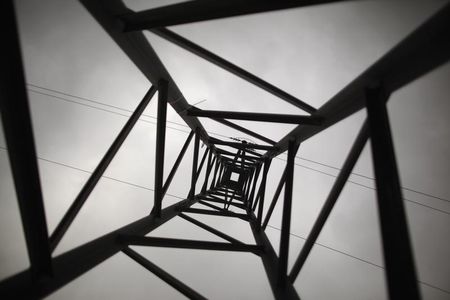Portland, Oregon, USA – May 30, 2025 – NuScale Power Corp. has achieved a historic milestone with the U.S. Nuclear Regulatory Commission (NRC) approving its second small modular reactor (SMR) design, the 77-megawatt US460, on May 29, 2025. This follows the 2023 certification of NuScale’s 50-megawatt design, making the company the only one with NRC approval for SMRs in the U.S. The US460, featuring six 77-MWe modules for a total of 462 megawatts, is designed for deployment by the end of the decade, with the first module expected to be operational by 2029 at Idaho National Laboratory as part of the Carbon Free Power Project with Utah Associated Municipal Power Systems (UAMPS).
The NRC’s approval, announced via a statement on X by @NRCgov, confirms that the US460 meets stringent safety requirements, leveraging passive cooling systems that use natural convection and gravity, eliminating the need for powered pumps. This design, housed in compact 9-by-65-foot reactor vessels, occupies just 1% of the space of conventional reactors while producing emissions-free energy. NuScale’s SMRs are seen as a scalable, cost-effective solution for decarbonization, with applications in electricity, district heating, and desalination. The U.S. Department of Energy, which has invested over $600 million in NuScale since 2014, praised the approval, with Assistant Secretary Kathryn Huff stating, “SMRs are real and ready for deployment.”
However, challenges remain. The Idaho project’s cost has risen to $89 per megawatt-hour from $58, reflecting inflation and supply chain pressures, raising concerns about affordability. Critics, including the Institute for Energy Economics and Financial Analysis, argue that alternatives like renewables may offer lower costs and less risk. On X, @quakes99 celebrated the approval as a step toward “#CarbonFree #EnergySecurity,” while @BossTradingGrp noted its significance for NuScale’s stock ($SMR) and the broader nuclear sector.
NuScale’s global ambitions are also advancing, with agreements to deploy SMRs in Romania, Poland, Ghana, and nine other countries. A $98 million U.S. Export-Import Bank loan supports a Romanian project, with a final investment decision expected by year-end. Despite the milestone, critics like Edwin Lyman from the Union of Concerned Scientists question whether SMRs compromise safety for cost, though NuScale insists its passive safety features enhance reliability. As NuScale moves toward commercialization, the NRC’s approval positions it as a leader in the global race for advanced nuclear technology.
